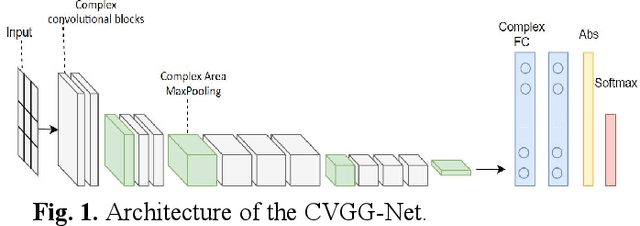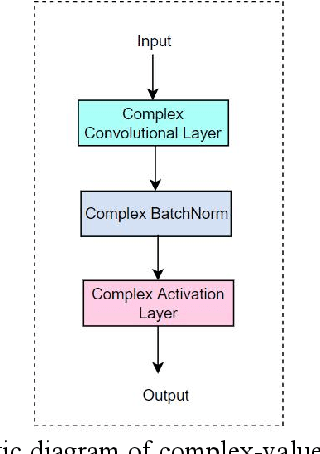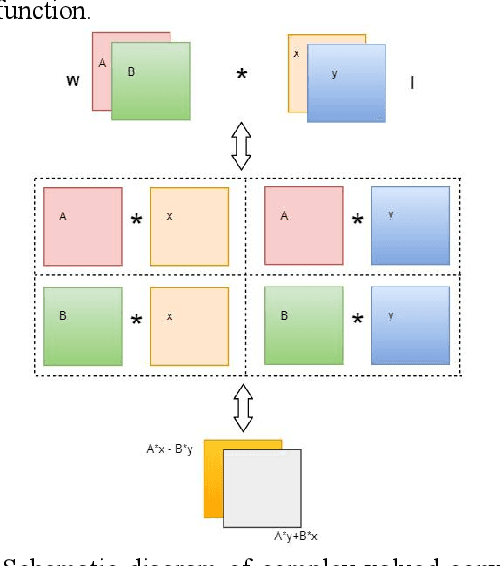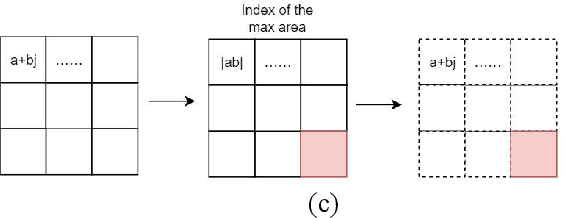Dandan Zhao
Robust Unsupervised Fault Diagnosis For High-Dimensional Nonlinear Noisy Data
Mar 11, 2025Abstract:Traditional fault diagnosis methods struggle to handle fault data, with complex data characteristics such as high dimensions and large noise. Deep learning is a promising solution, which typically works well only when labeled fault data are available. To address these problems, a robust unsupervised fault diagnosis using machine learning is proposed in this paper. First, a special dimension reduction method for the high-dimensional fault data is designed. Second, the extracted features are enhanced by incorporating nonlinear information through the learning of a graph structure. Third, to alleviate the problem of reduced fault-diagnosis accuracy attributed to noise and outliers, $l_{2,1}$-norm and typicality-aware constraints are introduced from the perspective of model optimization, respectively. Finally, this paper provides comprehensive theoretical and experimental evidence supporting the effectiveness and robustness of the proposed method. The experiments on both the benchmark Tennessee-Eastman process and a real hot-steel milling process show that the proposed method exhibits better robustness compared to other methods, maintaining high diagnostic accuracy even in the presence of outliers or noise.
SRTFD: Scalable Real-Time Fault Diagnosis through Online Continual Learning
Aug 11, 2024



Abstract:Fault diagnosis (FD) is essential for maintaining operational safety and minimizing economic losses by detecting system abnormalities. Recently, deep learning (DL)-driven FD methods have gained prominence, offering significant improvements in precision and adaptability through the utilization of extensive datasets and advanced DL models. Modern industrial environments, however, demand FD methods that can handle new fault types, dynamic conditions, large-scale data, and provide real-time responses with minimal prior information. Although online continual learning (OCL) demonstrates potential in addressing these requirements by enabling DL models to continuously learn from streaming data, it faces challenges such as data redundancy, imbalance, and limited labeled data. To overcome these limitations, we propose SRTFD, a scalable real-time fault diagnosis framework that enhances OCL with three critical methods: Retrospect Coreset Selection (RCS), which selects the most relevant data to reduce redundant training and improve efficiency; Global Balance Technique (GBT), which ensures balanced coreset selection and robust model performance; and Confidence and Uncertainty-driven Pseudo-label Learning (CUPL), which updates the model using unlabeled data for continuous adaptation. Extensive experiments on a real-world dataset and two public simulated datasets demonstrate SRTFD's effectiveness and potential for providing advanced, scalable, and precise fault diagnosis in modern industrial systems.
CVGG-Net: Ship Recognition for SAR Images Based on Complex-Valued Convolutional Neural Network
May 13, 2023



Abstract:Ship target recognition is a vital task in synthetic aperture radar (SAR) imaging applications. Although convolutional neural networks have been successfully employed for SAR image target recognition, surpassing traditional algorithms, most existing research concentrates on the amplitude domain and neglects the essential phase information. Furthermore, several complex-valued neural networks utilize average pooling to achieve full complex values, resulting in suboptimal performance. To address these concerns, this paper introduces a Complex-valued Convolutional Neural Network (CVGG-Net) specifically designed for SAR image ship recognition. CVGG-Net effectively leverages both the amplitude and phase information in complex-valued SAR data. Additionally, this study examines the impact of various widely-used complex activation functions on network performance and presents a novel complex max-pooling method, called Complex Area Max-Pooling. Experimental results from two measured SAR datasets demonstrate that the proposed algorithm outperforms conventional real-valued convolutional neural networks. The proposed framework is validated on several SAR datasets.
 Add to Chrome
Add to Chrome Add to Firefox
Add to Firefox Add to Edge
Add to Edge